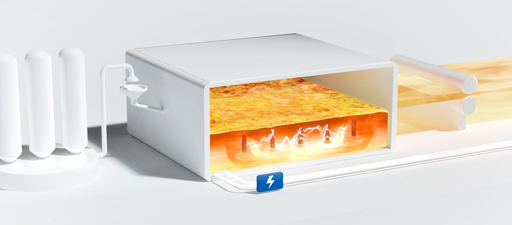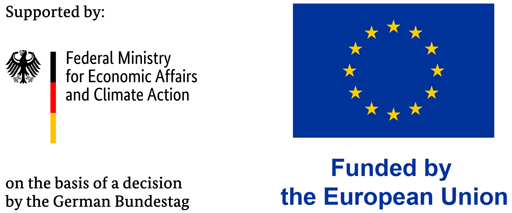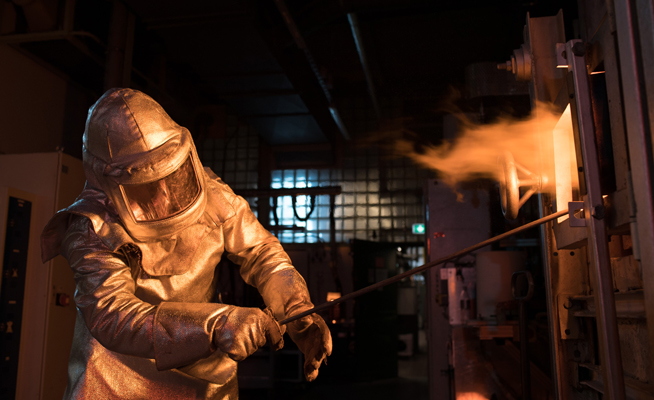Speciality glass manufacturer SCHOTT has received funding of around EUR 14.8 million for the construction of its first large-scale industrial pilot plant. In this pioneering project, pharmaceutical glass is to be manufactured largely without causing greenhouse gas emissions, melting glass using green electricity and green hydrogen. The pilot plant represents a technological milestone for the specialty glass industry.
The glass industry is one of the most energy-intensive industrial sectors in Germany. High CO2 emissions are generated during production. The largest share of the energy requirement is generated in the melting process. The glass raw materials are melted in refractory furnaces at temperatures of up to 1,700 degrees Celsius.
Pioneering work for the entire glass industry
Over the past two years, the experts at SCHOTT have been doing basic work in various research projects. Now, the company is taking the next step: the research results will be tested on an industrial scale in an innovative melting tank concept. This pilot is pioneering work for the specialty glass industry.

Pilot plant and multi-million investment in Mitterteich, Bavaria
Around EUR 40 million are being invested in the “PROSPECT Pilot” project for the construction and use of the new glass melting tank. It will be built in Mitterteich, Bavaria.
The project period is the next three years. The pilot plant will be powered primarily by green electricity. Greenhouse gas emissions will be reduced by about 80 percent compared to current technology.
The promotion of the climate-friendly process takes place as part of the “Decarbonization in Industry” program of the German Federal Ministry of Economics and Climate Protection (BMWK). The program is managed by the Competence Centre for Energy Intensive Industry in Germany (KEI).
With this funding, the BMWK is supporting energy-intensive industry in permanently reducing process-related greenhouse gas emissions. The project is also financed by the European Union through the “NextGenerationEU” fund. The main contact for the “Decarbonization in Industry” program is the Competence Center for Climate Protection in Energy-Intensive Industries based in Cottbus (Brandenburg).





